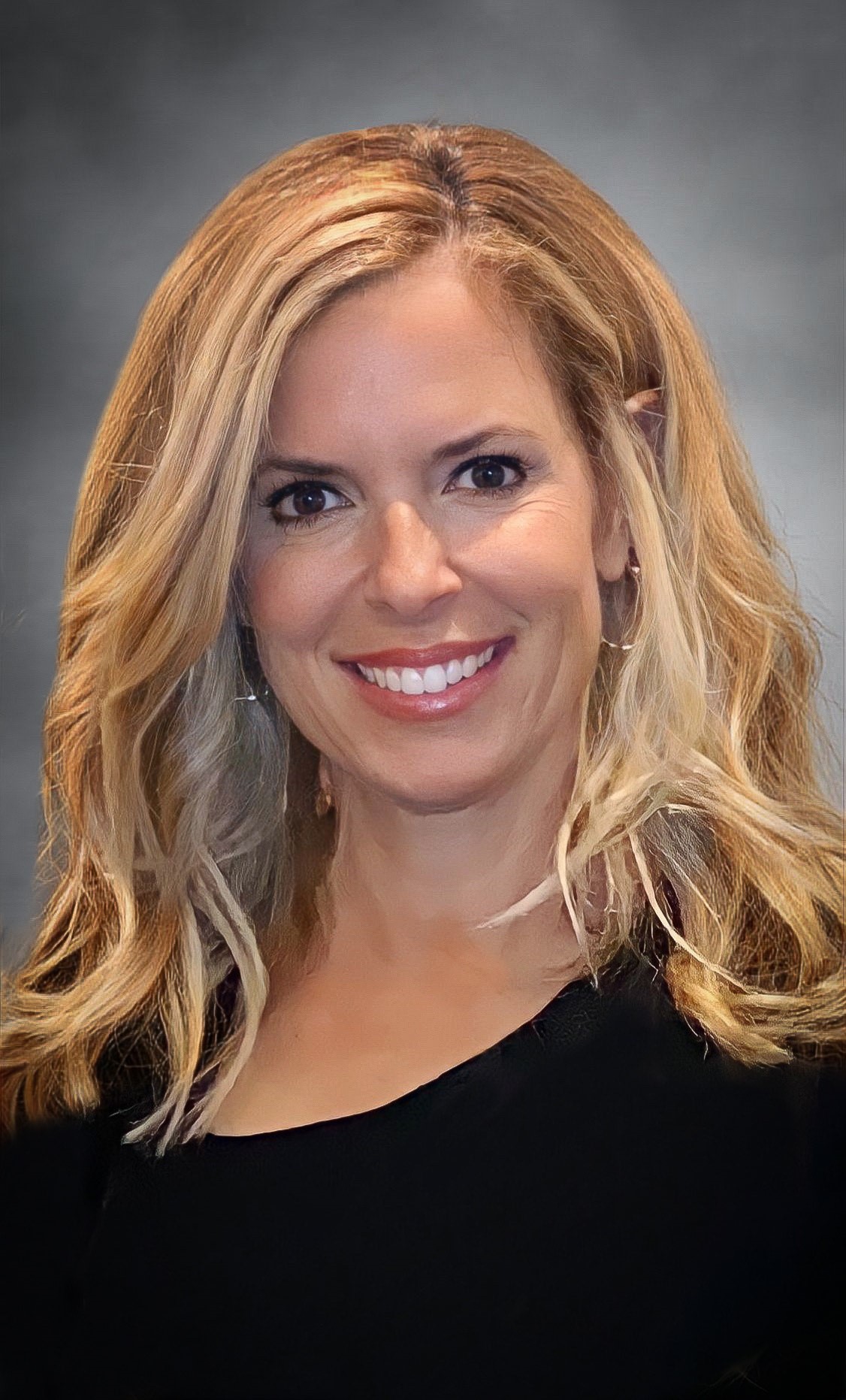Enhancing patient solutions in a dynamic healthcare landscape

At the Hub and Specialty Pharmacy Models West conference, held in San Diego in September, industry leaders gathered to discuss the evolving dynamics among patients and the healthcare industry.
The session, titled “Enhancing Varied Patient Solutions in Response to Evolving Dynamics Among Patients, Caregivers, and Industry,” was led by Sharon Mair, Associate Director Regional Patient Lead, and Melissa Hancock, associate director patient experience strategy, at Otsuka Precision Health. The discussion underscored the increasing role of patients in managing their health and the corresponding need for personalized and accessible solutions.
As patients become more informed and proactive, the healthcare industry faces the challenge of adapting to these changes by developing innovative support systems that cater to diverse patient needs.
Bridging the gap in patient care
The speakers discussed approaches to bridging the gap between care teams, patients, and caregivers to address access challenges. Mair shared insights from her field perspective, emphasizing the importance of linking resources and creating awareness to support patient continuity of care.
For example, in Southern California, field teams partnered with street medicine teams to assist unhoused patients in accessing and adhering to prescribed medications. In Los Angeles County alone, there are approximately 70,000 unhoused individuals, and Mair explained how field teams work with hospitals and federally qualified health centers to address the unique challenges faced by this population.
Sharon Mair, Associate Director Regional Patient Lead, Otsuka Precision Health
She discussed how field teams facilitate connections between hospitals, street medicine teams, and pharmacies to ensure that patients discharged from hospitals have access to the medications they need. However, she acknowledged the ongoing challenges in maintaining continuity of care for these patients, particularly when traditional communication methods, like cell phones, are not viable.
“There’s definitely a need for evolving solutions, and to look at social determinants of health, different patient populations … to come up with particular solutions within the patient journey,” said Mair.
Hancock added that the mental health space presents numerous challenges, including a fragmented and underfunded system.
According to Hancock, there is a shift in patient responsibility, with individuals becoming more informed consumers of healthcare and demanding personalized support. Citing McKinsey's research, she said 71% of healthcare consumers want personalized support, and 76% express disappointment when they do not receive it. This shift places additional pressure on healthcare entities to provide accurate, accessible information and personalized care.
There is a critical need for collaboration and innovation in developing solutions that bridge the gap between care teams, patients, and caregivers, ultimately improving access to healthcare and patient outcomes. Melissa Hancock, associate director patient experience strategy, at Otsuka Precision Health
Melissa Hancock, associate director patient experience strategy, at Otsuka Precision Health
The role of digital solutions
Exploring the role of digital solutions in improving patient support, Mair and Hancock talked about the integration of digital components with traditional methods to provide comprehensive support. For example, in Nevada, digital educational pieces were used to address legislative changes affecting medication access. Mair said field teams, in collaboration with advocacy and local community support, leveraged digital tools to educate providers and patients about new legislation that allowed access to medications without prior authorization.
Hancock, meanwhile, noted the rapid pace of the digital revolution, including the potential of AI, wearable devices, and apps to transform patient engagement. She challenged delegates to consider the future of digital solutions and their role in addressing healthcare challenges. Additionally, data and analytics are valuable in understanding provider and patient engagement with digital resources, which can inform the development of next-level digital solutions, she noted.
Still, challenges remain, including the need to measure the effectiveness of digital solutions and secure investment for innovative approaches. In response, the speakers urged attendees to think creatively and embrace new technologies. It’s important to stay ahead of digital trends and leverage technology to improve patient engagement and outcomes, they noted.
“There’s so many unknowns in the digital revolution, but what we do know is that we have to get on board and we have to find ways to champion those experiences,” Hancock said.
Patient centricity
Throughout the discussion, the speakers stressed the importance of patient centricity. Mair noted that patient support programs are evolving, with a focus on systems of care, medication management, and community engagement. She cited a statistic indicating that 85% of patients believe pharma could provide more personalized support. Patient support programs need to adapt and provide the resources patients are seeking, she said.
Hancock concluded by telling attendees to remain patient-centric in their efforts, blending qualitative and quantitative data to present compelling narratives to stakeholders. She referenced a quote she found at the conference venue, “What is essential is invisible to the eye,” to remind attendees of the importance of empathy and understanding in patient support.
The session ended with a call to action for industry professionals to continue learning and collaborating to better patient support. Mair and Hancock encouraged attendees to remain focused on the needs of patients and caregivers, and to continue working toward innovative solutions that improve healthcare access and patient outcomes.
DepositPhotos/putilich